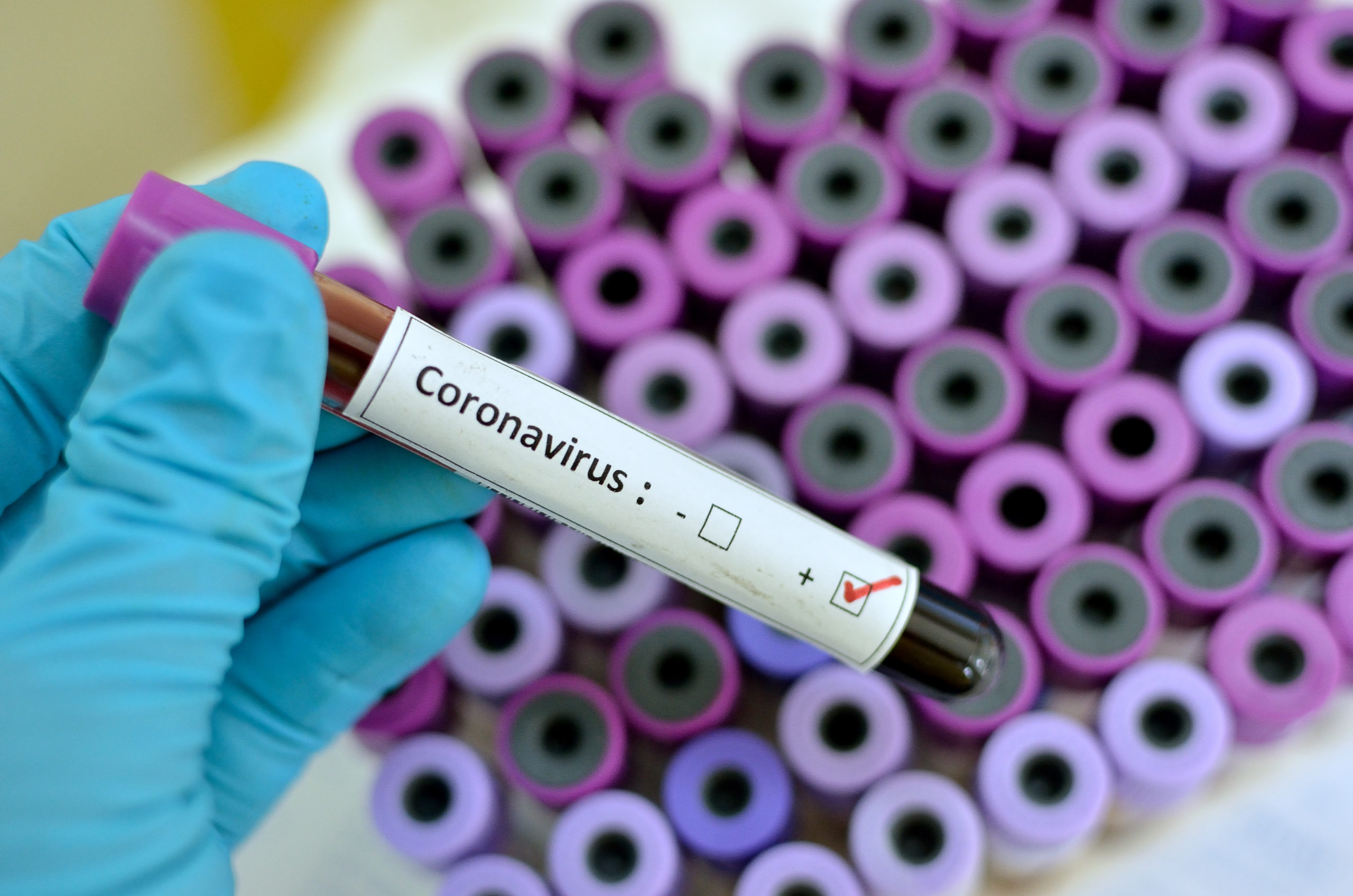Responding to COVID-19 and working to mitigate the spread have been the focus of Gov. Tim Walz, Minnesota legislators and other state officials in the past week.
Here are the key headlines, with more details on each below:
- Gov. Walz announces Executive Order closing schools to students to allow school staff to plan for their COVID-19 response and extended distance learning.
- Walz declares “peacetime emergency” to ensure the state is able to respond and mitigate the spread of COVID-19.
- Walz advises canceling of all events of more than 250 people in the state.
- Walz’s budget proposal calls for $257 million in new spending, leaving $1.17 billion on the bottom line for further emergency measures should COVID-19 spread rapidly and place huge pressures on the hospital system.
- Legislators shift focus to COVID-19 and prepare for a potential hiatus this month.
A week ago the Minnesota Legislature was up and running on all cylinders with political battle lines were being drawn. Fast forward one week. In a 180 degree turn, legislative leaders are now stepping on the brakes and shifting their hot-button policy initiatives to the back burner to focus on the response to COVID-19.
This comes as the total number of people testing positive for COVID-19 reached double-digits in Minnesota. As of Sunday, there were 35 cases, mostly clustered in the Twin Cities metro, according to the Minnesota Department of Health. View the latest update and map from MDH.
No Large Events
On Friday, Gov. Walz advised that all organizations in the state to cancel or postpone events of 250 people or more as a proactive measure to mitigate the spread of the coronavirus.
That includes the Capitol. All permits for events at the Capitol of more than 250 people will be canceled through April 15. The Department of Administration staff are contacting those permit holders who have already scheduled events to let them know of the change. If you are working with any of those groups hosting events, please share this message. They will have to cancel other arrangements that they may have made as part of the event.
Legislating in Social Distancing
Legislators are preparing to significantly reduce committee work and limit public interaction in an effort to do their part to slow the spread of COVID19. Conducting legislative business in this type of environment is difficult, if not impossible. Legislative sessions take place in a social sport arena involving lots of people, coming to the capitol in wave after wave.
- House Speaker Melissa Hortman instructed all House committees to cancel and indefinitely postpone hearings this week.
- Senate Majority Leader Paul Gazelka hasn’t gone that far.
- Both leaders have informed the lobbying community that stronger measures are being taken to encourage social distancing. This includes legislators not holding in-person meetings and limiting attendance at events.
It’s possible the legislature will take an extended hiatus this month, but not adjourn the session “sine die.” In this scenario they would leave session open until the state constitutional end date of May 18, but through join resolution of the House and Senate leave the Capitol for several weeks.
More will become clear as this week unfolds and MREA will continue to provide updates on pertinent information in a timely manner, knowing several of MREA members have plans to attend committee hearings or participate in MASA regional visits.
The impact of slowing the legislative process down, right as they head into the three committee deadline weeks, means what MREA (and every other group at the Capitol) has been working on could easily fade into the background.
Priorities at the Legislature
Responding to COVID-19 is the priority — at the Capitol and for schools and other organizations across the state and the nation. Expectations are adjusting and may need to continue to adjust as the legislative process truly shutters to a minimum or full stop.
MREA is continuing to advocate on COVID-19 response on behalf of Greater Minnesota schools as well as a series of other priority issues. View latest list of priorities and update.
Just over two weeks ago the state released a budget forecast showing a projected $1.5 billion surplus for the current biennium. Two weeks later, the stock market has tanked as the nation is in a full economic stop in order to slow the spread of COVID-19.
Governor’s Budget Proposal
When releasing his supplemental budget proposal last Thursday, Gov. Walz made sure to focus on the knowns and unknowns of the COVID-19 pandemic while tempering expectations for use of the state’s projected surplus.
Walz’s proposal calls for:
- $257 million in new spending
- Leaving $1.17 billion on the bottom line for further emergency measures should COVID-19 spread rapidly and place huge pressures on the hospital system. Walz said he expects hospital officials to ask for more than $100 million in state aid to address the pandemic.
The largest totals in the governor’s supplemental request for the current biennium include:
- $33.95 million for direct care and treatment operating adjustments
- $30 million to address a deficiency in the state’s disaster assistance account
- $20.9 million for the state’s Public Health Response Contingency Account — signed into law last week
- $20 million in ongoing aid to school districts to hire additional licensed mental health and support professionals across the state. Funds are based on student enrollment and can be used to hire counselors, school psychologists, social workers, nurses, and chemical dependency counselors to support student mental health and well-being.





